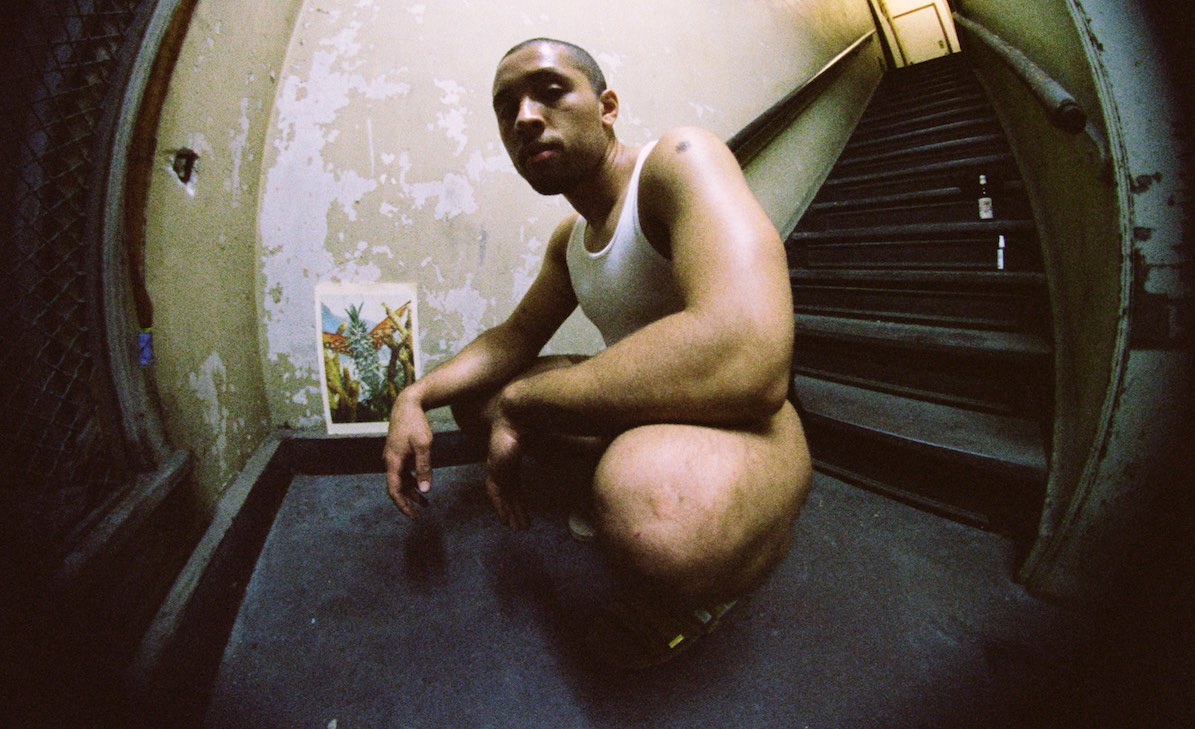On jaboukie Young-White’s debut album All who can’t hear must feel, the wildly talented multi-hyphenate brings his penchant for exploring any and every idea to the musical arena. From his work as a Daily Show correspondent to his standup career to his work as an actor in films like C’mon, C’mon to his account-suspending shit-posting, there’s very little jaboukie can’t do.
And yet, before the release of All who can’t hear, he was virtually unknown in the music space. Demos of a Juice WRLD tribute album made their way to the CEO of Interscope, who inked jaboukie to a deal. After trickling out singles through the label since last September, we’ve arrived at his debut, an album as eclectic and brilliant as his breadth of non-musical work would suggest.
To mirror the unpredictability and malleable nature of the sounds on this record, we asked jaboukie to muse on five non-musical influences that appear throughout All who can’t hear must feel. From the field recording philosophy of Joaquin Phoenix’s character in our sixth favorite movie of 2021 to the bygone HitClips fad, jaboukie draws a throughline from the ideas that excite him to the way they appear on All who can’t hear must feel.
C’mon, C’mon
In the Mike Mills film, Joaquin’s character is an NPR-type radio host who’s assembling a news story. We were actually recording field audio. I was like, “I’ve never really taken the time to just record field audio from my life and listen back to it later.” I started doing that and I found that it was more evocative than a photo. Not only are you back in that place, you’re spatially back inside of that place. The phone speaker is maybe a few feet away from your head, so it's almost like all of the imagery is coming back to you. You’re getting a 360 immersive experience from it. I ended up sampling some stuff from my grandma’s house in Jamaica, kind of running that through a granular synth and turning those things into snare hits or hi hats, dispersing them throughout the project.

Mally’s Deli & Grocery in Bushwick
They have this drink that Jamaicans call “sorrel,” but in all Mexican restaurants it’s just called Jamaica—which is so cool, the fact that a drink or a dish is just named after a country. I don’t know what “America” would be, but I would eat it. It might hurt me, but I don’t know. When I was making the project I remember drinking that, and it was so strange because it’s not necessarily a memory, it’s the rhyme of a memory. It’s so close to what I remember drinking growing up, but it wasn’t that, and it kind of felt allegorical to what I was going through at that time and where I was then.
Black Girl by Ousmane Sembene.
This film is from Scorsese’s World Cinema Project. It was on [the Criterion Channel], and I watched it during the pandemic. There’s a sample on the last song of the project where my aunt and my grandma were talking to each other. They were gossiping about this person who, whenever they go back to America, they just sit in the house all day and they don’t work and they’re not praying, and [how] they need to be using that time to get closer to God. When I saw this film, it kind of put so much into context just because it reminded me of my grandma. The exporting of feminine care from the global south was something that I thought of. Then there was also this story that my mom told me growing up where she was basically in work-stay, low-key indentured servitude to this rich family who was paying for her school in exchange for her being their servant, essentially.
HitClips
I remember growing up and wanting one of these so fucking bad—and it was past their prime, years after they’d been popular. I was like, “God, that’s so cool.” You got a little cartridge, it’s like a Game Boy, and you can just play it whenever. Looking back on it I’m like, “What a consumerist piece of fucking garbage.” We had MP3s. It was this weird, totally unnecessary, profit-driven thing that just became representative of a time in pop music history, and was also something that I wanted so much. I think they were a little bit before my time, but it’s so weird thinking about them in the context of pop music now and TikTok and how those songs work.
Standup comedy
Standup was a big influence for sure. Just the economy of words and the ability to turn a phrase. Honestly, a lot of the lyrics were things that I had written down, but I was like, “I can’t just say this on stage as a non-sequitur, this makes no sense.” A lot of those things kind of seeped into the lyrics and the writing, and so that was a big influence.







